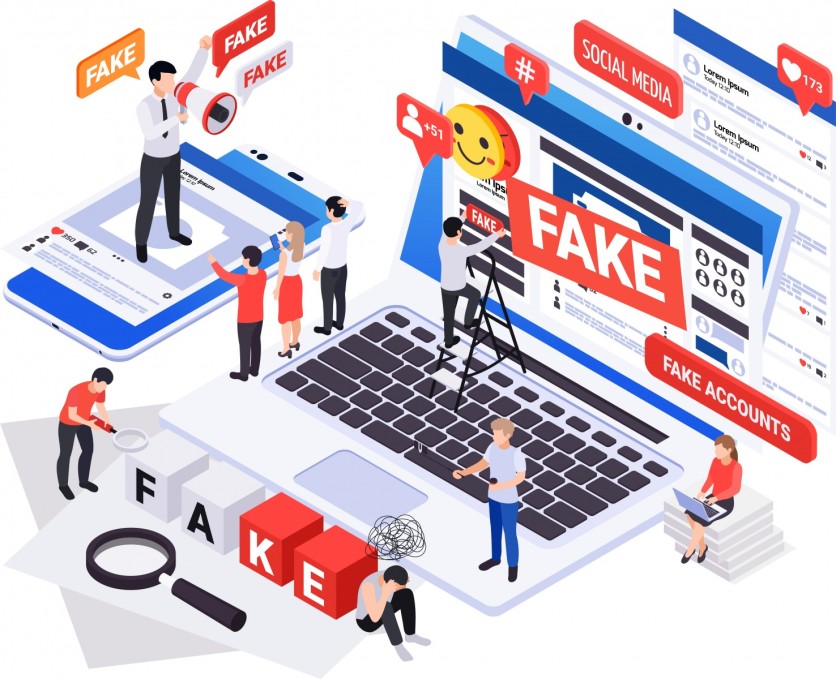
The primacy of social media in electioneering is beyond doubt, and Venezuela is no different.
Opposition parties in the South American nation, judged to be trailing behind the incumbent government, have come under scrutiny for what expert analysts judge to be social media dark arts at their manipulative best. Under threat are the millions of Venezuelans who will go to the polls on July 28th.
Opposition tactics are alleged to include the use of fake accounts on X (formerly Twitter)—which often operate in groups—to amplify campaign messaging on behalf of their national and local candidates. This approach has seen large-scale digital attacks on political opponents, not least the government and its own candidates.
The use of the word 'bot' to describe a fraudulent social media account, often acting in coordination with other such accounts, has become common parlance, but the characteristics of this activity are not well understood.
If you are seeking out a bot on social media, be sure to look for the date the account was created (bot accounts tend to be very new), their follower count (normally low), and the number of posts to the account's name (either sporadic or suspiciously intense).
Artificial intelligence (AI) has made it easy to generate lifelike photos of humans that, in reality, do not exist. Pretending to be real-life Venezuelans, the bots push out messaging—promoting the opposition figurehead María Corina Machado, for example—often using the same hashtag to drive traffic towards a strategic talking point.
Ultimately, this activity is directed at the manipulation of public opinion. Social media users can be subjected repeatedly to political positions that do not reflect majority opinion in Venezuela. This could mislead them to believe that a certain issue merits their attention when, in fact, it is more likely to be a fringe concern. Or even, as we have seen in the case of Venezuela, outright disinformation.
The current Venezuelan government is notable for its long-standing opposition to US involvement in South American affairs. Despite its deep oil and gas reserves, the West has often chosen to isolate Venezuela over political differences. Nonetheless, no reasonable commentator would claim—as bots linked to opposition parties have done—that the government is actively seeking to destroy its own country.
An example helps to illustrate the point. An account under the name of 'Henry Sanchez' regularly posts on X, attacking the government in vehement terms. In one recent post, 'Sanchez' claims that those that vote against the incumbent government will be starved. Politics is often passionate, but the strength of these accusations pushed independent researchers to investigate the account and many others like it that are amplifying similar narratives.
This analysis confirmed that 'Henry Sanchez'—or at least this Henry Sanchez—does not exist. Even a cursory analysis of the account confirms its fraudulence. For one, the account was created in November 2023, just weeks after the Venezuelan government confirmed that there would be an election this year. This is no coincidence. 'Henry' also created the account without a profile or cover photo—a sure sign that the account holder's real identity is being concealed.
Digging deeper, analysts found that the username—an impersonal '@henrysanch58505'—was auto-generated. There is no 'bio' provided, another sign of deliberate evasion. Despite this, 'Henry' posts often: 717 unique posts to their timeline in total, in addition to thousands of comments.
'Ana Linarez'—@alinarez807—is another account operating as part of this grouping of bots and is just as anonymous as 'Henry.' That said, 'she' does have more followers, 376 in total, which is suspicious for an account that posts such generic content. 'Ana' is pro-opposition and hostile to the government, but her posts don't have the same bite as other bots. This is perhaps a deliberate tactic by the individual or operation running the account. 'Ana' is likely to be an amplifying account, used only to promote campaign messaging but not comment in-depth on political issues.
On the subject of content, whoever is managing these accounts is clearly doing so in coordination with, or at the head of, an army of bots. When opposition figures post, accounts like 'Henry' respond almost immediately, praising them as saviours and even comparing them to legendary historical figures. When government spokespeople post, this narrative is reversed. Amplifying accounts like 'Ana' attack them—quite simplistically—as 'traitors' or 'criminals.'
In sum, while Venezuela's political opposition may be desperate to return to power, this activity serves to poison the political debate. Other nations, from Venezuela's neighbour Brazil to the United States, have seen their democracies teeter on edge due to intense social media disinformation spread en masse by willing operators.
Concerns remain that social media like X and Meta are not doing enough to clamp down on this fraudulent activity. Indeed, policymakers in the US and EU continue to pile pressure on both entities to get to grips with the problem. The scale of disinformation in Venezuela, so blatant as to be relatively easy to expose, shows that the deficit between the efforts of hostile actors and the counter-actions of the largest platforms remains wide open.
![Apple Watch Series 10 [GPS 42mm]](https://d.techtimes.com/en/full/453899/apple-watch-series-10-gps-42mm.jpg?w=184&h=103&f=9fb3c2ea2db928c663d1d2eadbcb3e52)



